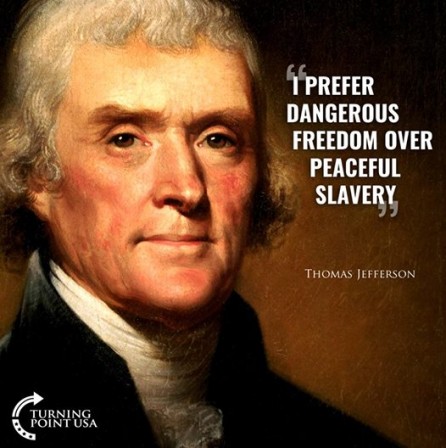Puerto Rico's Hidden Problem: White Collar Slavery
by Rodrigo Fernós
Puerto Rico has a hidden problem, that is increasingly becoming more evident as time goes on: white collar slavery.
It is the type of social phenomenon that is insidious, but 'invisible' at the same time. In the case of 'normal slavery', human chattel is used for productive mechanical ends. A slave during the colonial period produced sugar cane or cotton, for example; and hence his persona and role could be very visibly seen in the fields. Modern slavery is slavery is similarly used in such manner, a productive ends (ie the production of an object), but typically is used in short scale production facilities with little visibility to the public, as say in the case of women textile workers that have no freedom whatsoever to leave their premises. Whatever the case may be, however, traditional slavery is typically open and readily visible to the untrained eye, if you know where to look.
However, in the case of white collar slavery, the output of such slavery is much more subtle and unseen, given that the output results in the form of a distorted interpretation--rather far away from the traditional presumption of professional labor as exercising a particular knowledge set.
The white collar slave, as many instances of modern slavery in other parts of the world, appears to all effects as a 'free person'. There are no visible chains binding their hands or feet, or whips striking their bloody skin of a body driven to some determined physical ends. The chains and whips of white collar slavery are invisible, based on modern forms of fear and terror: the potential loss of social status, the ruining of reputation, or the simple uncertainty of an economic future, etc.. Any one of these will drive the white collar slave into a state of perpetual submission, even if this submission is not always necessarily manifest. It strikes regardless of intelligence or gender, race or religion.
They key sign of white collar slavery resides in the illogical outcome of certain institutional procedures or outcomes, and it is often to these ends to which the white collar slave's role is designated. In short it is designed to subvert institutions from within, either by altering their social components (persons employed within) or by altering their social functions and decision making. Institutional decisions, under the guise of respectability and cognitive legitimacy, are subverted to illogical ends, which are often hidden under a lengthy guise of intellectual rationalization that is often opaque to many but the most experienced and talented practitioners. To the external eye, internal debates have the air of logical refutation, but in fact many of the participants have no intention whatsoever of a rational dialogue whatsoever. It is for this reason why white collar slaves are so insidious, and often go by undetected.
You might ask, this cannot possibly true. "Explain to us, for example, why it would arise." The answer to this question is relatively simple: overpopulation in the absence of professional opportunity. The fact of the matter is that, since education has become a means of wealth transfer form the United States to Puerto Rico, this dynamic has resulted in an overproduction of professionals in the island relative to the given professional opportunities available. This in turn means that, in spite of the expectation of middle class respectability, a certain number of well-trained professionals will never be able to obtain jobs, or if they do, they will typically be either underemployed in fields outside their own. And, hence, the pressure towards the formation of the white collar slave in academia, for example.
This can also be very well observed in the political arena, which in effect has become one of the key economic arenas, and hence where there is intense professional competition for a limited number of seats; however, given the power alternates between two respective principal parties, at any given moment, a subclass of professionals will find themselves unemployed for extended periods of time--possibly accounting for the 'greedy avarice' that can be observed by political players. Every four years, a different set of profesional is able to 'breath' upon entering the political arena, and able to refill their coffers for the upcoming winter, as many winter animals do when they hibernate in the United States.
The phenomenon of white collar slavery, of what is tantamount to institutionalized corruption, might also increasingly be seen in the United States, as many of its long standing cultural patterns erode over time--specially the culture of professional labor, as well documented by Andrew Abbott.
It is a problem that needs to be addressed by all mayor political parties in the island, but is often subverted by the very actors whose role it is to regulate, control, and curb such activity.
